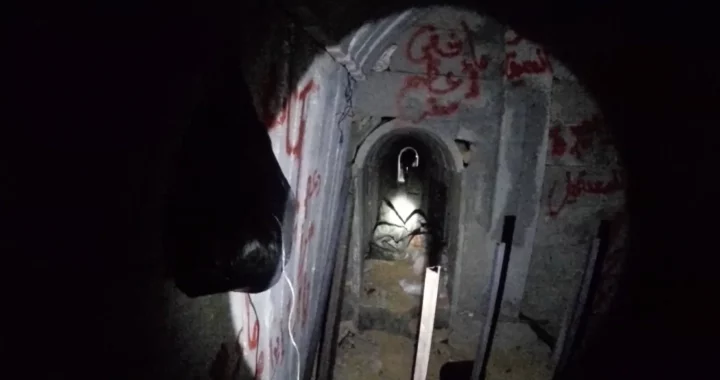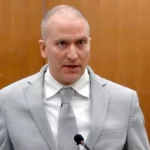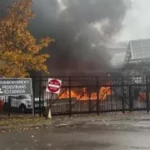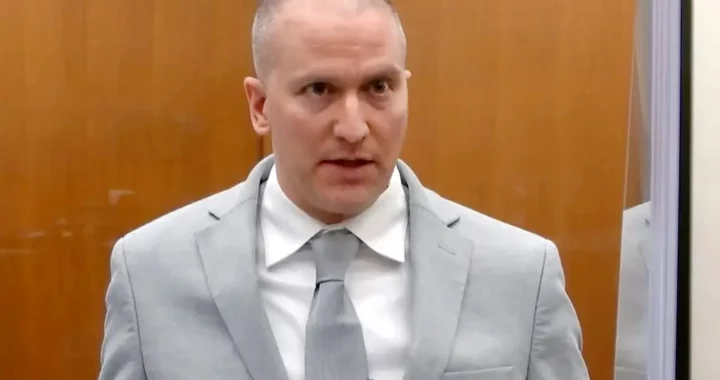Portugal’s PM Resigns Unexpectedly
He resigned shortly after prosecutors unveiled government building searches in a corruption probe.

The Sudden Resignation of Portugal’s Prime Minister: Unraveling the Corruption Scandal
In a shocking turn of events, Prime Minister António Costa of Portugal resigned unexpectedly on Tuesday. This bombshell announcement came mere hours after police conducted raids on government buildings as part of a high-stakes inquiry into allegations of corruption and “influence peddling.” Adding to the tumultuous atmosphere, an arrest warrant was issued for Mr. Costa’s chief of staff.
For nearly a decade, António Costa had been at the helm of Portugal’s political landscape, serving as the Prime Minister since 2015. He had, during his tenure, steered the country through numerous challenges, including the ongoing battle against the COVID-19 pandemic. In a televised address, Mr. Costa expressed his surprise at being implicated in criminal proceedings, asserting, “no illicit act weighs on my conscience.”
Despite this, he recognized the paramount importance of the office of the Prime Minister and its reputation, stating, “the dignity of the office of the prime minister is not compatible with any suspicion about your integrity, your good conduct and even less with the practical suspicion of any criminal act.” Thus, in a momentous decision, he tendered his resignation.
The backdrop to this extraordinary turn of events involved a judge’s authorization for the police to conduct searches at 37 different locations, including the office of Mr. Costa’s chief of staff, the Ministry of Environment, the Ministry of Infrastructure, and even a City Council office in the town of Sines. These searches extended to several private residences, adding an air of gravity to the situation. The investigation that prompted these measures revolved around lithium exploration concessions in northern Portugal and a hydrogen-energy production plant and data center located in Sines, a town nestled along the country’s southern coast.
While the official statement did not explicitly name António Costa, it did specify that arrest warrants were issued for the head of the Prime Minister’s office, believed to be Vítor Escária according to local media. The mayor of Sines and three other individuals were also named as suspects. Furthermore, the statement identified Portugal’s Minister of Infrastructure and the head of Portugal’s Environmental Agency as individuals under suspicion. The prosecutor’s office divulged that the investigation had unveiled instances where the suspects purportedly invoked Mr. Costa’s name and authority to expedite certain procedures linked to the exploration concessions.
Portugal’s relevance in the global lithium market should not be underestimated, as the country possesses substantial reserves of this coveted resource, which is a critical component in electric car batteries and renewable energy technologies. This adds another layer of significance to the unfolding investigation, not just for the country itself but also for its role in the transition to greener and more sustainable energy sources worldwide.
António Costa’s political journey was marked by its share of ups and downs. He initially took office in 2015 after losing an election, relying on the support of two smaller left-wing parties to secure his position as Prime Minister. At the time, this alliance was disparagingly referred to as a “geringonça,” or “contraption,” by his political adversaries, who predicted its imminent collapse. However, much to their surprise, the coalition remained intact and continued to govern for years. It was a testament to Mr. Costa’s political acumen and ability to navigate the complex waters of coalition politics.
In 2022, the Socialist Party, led by Mr. Costa, secured an outright majority in snap elections, providing them with enough seats in Parliament to govern without the need for a coalition. This victory was widely perceived as a vindication of Mr. Costa’s handling of the country’s response to the COVID-19 pandemic. Still, it was not without its share of challenges, particularly in terms of economic stewardship, which had come under scrutiny.
The unexpected resignation of Prime Minister António Costa sent shockwaves through the political landscape of Portugal, leaving the nation in a state of flux. As the investigation into corruption and influence peddling unfolds, it remains to be seen how the country will navigate the transition to new leadership and how this development will impact Portugal’s standing in the global energy and lithium markets. Only time will reveal the full extent of the implications of this dramatic turn of events for Portugal and its political future.
By: M Z Hossain, Editor Sky Buzz Feed















